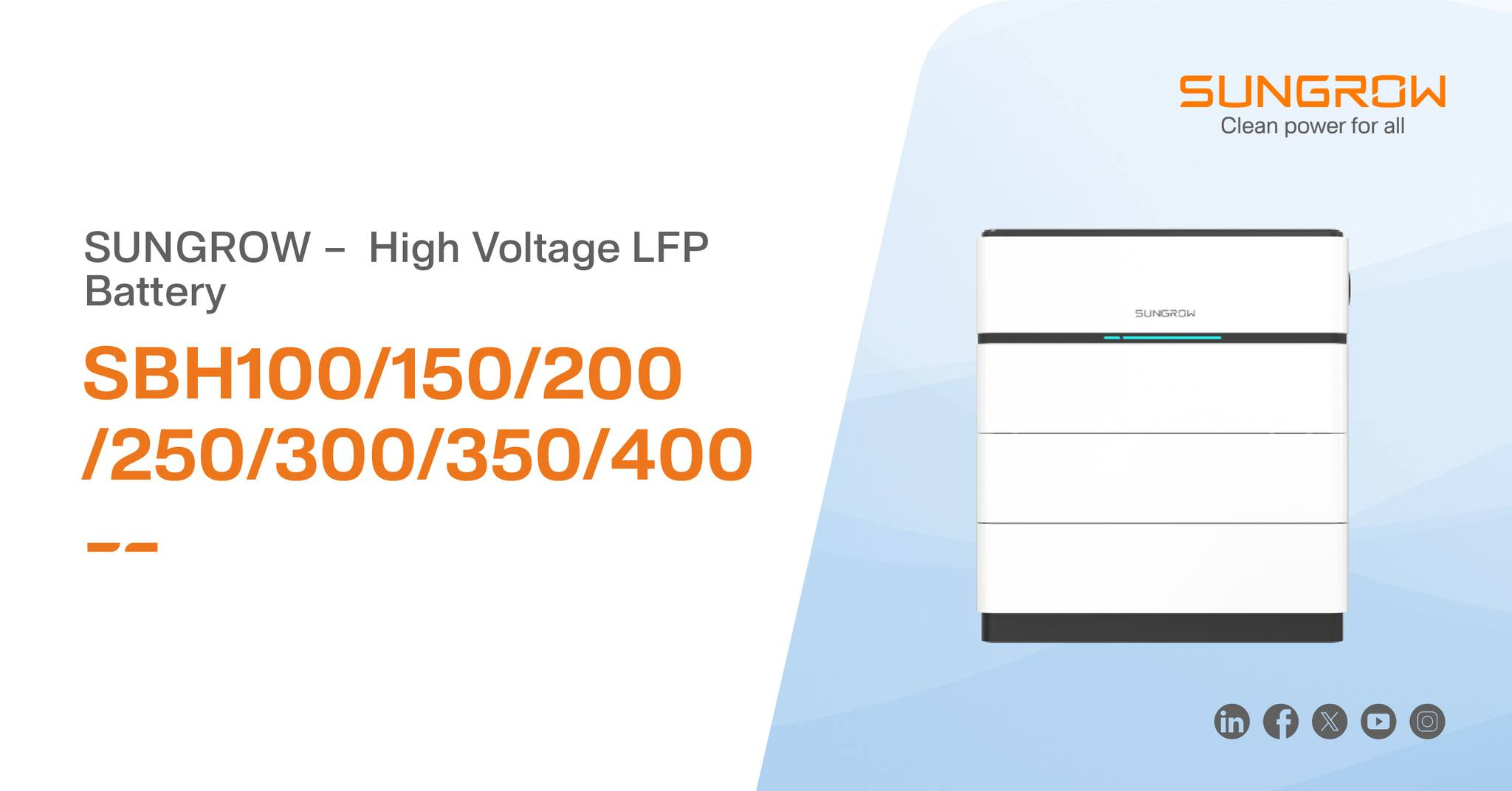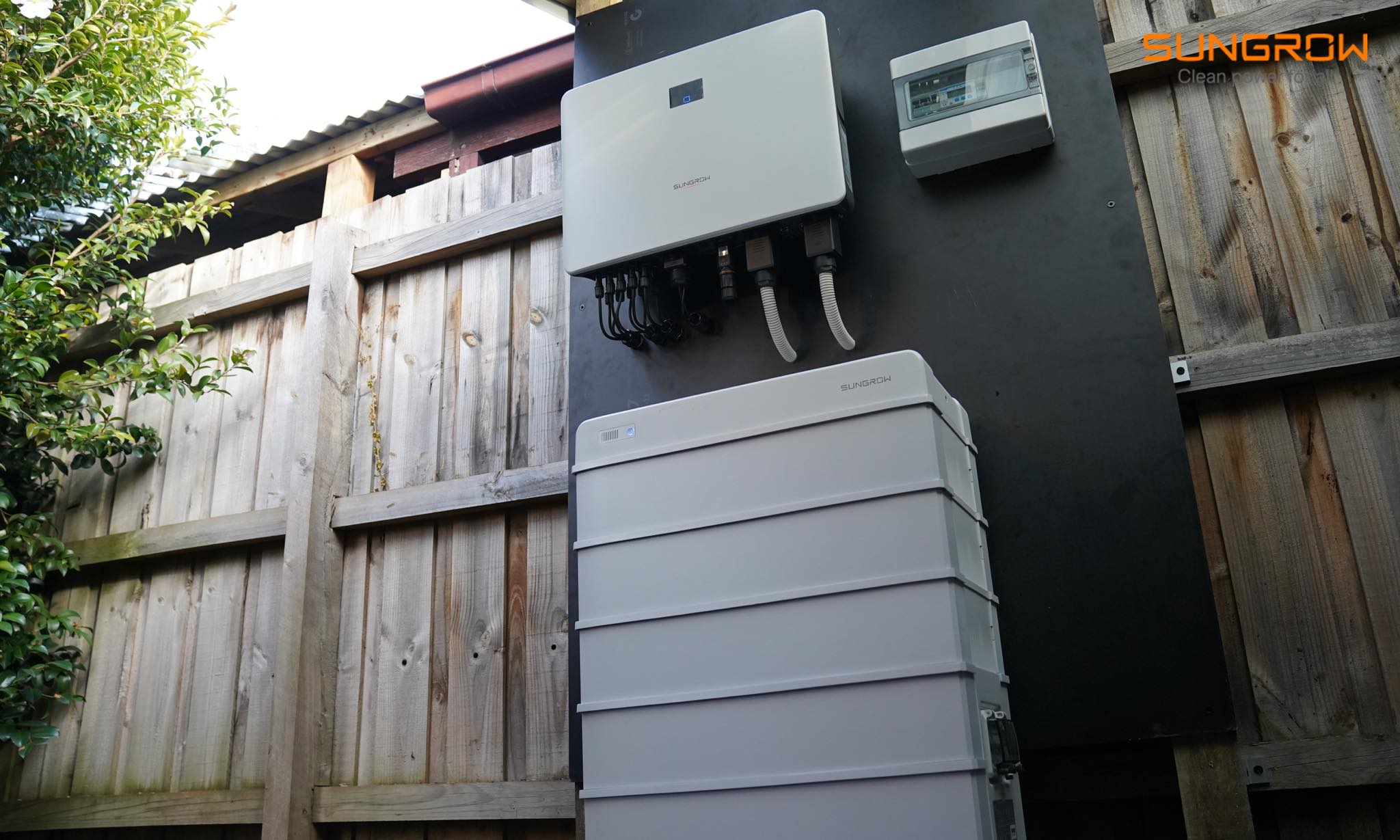Energy storage is crucial for any home solar system. With a variety of battery options available, Lithium Iron Phosphate (LFP) batteries have gained popularity due to their key benefits in safety, performance, and durability. But are LFP batteries the right fit for your home? This article dives into the details to help you make an informed decision.

What Are LFP Batteries?
LFP batteries, also known as LiFePO4 batteries , use a lithium-iron-phosphate cathode, which sets them apart from traditional lithium-ion batteries that use cobalt-based cathodes. This unique chemistry gives LFP batteries several distinct advantages, making them an attractive choice for solar energy storage.
LFP battery products come with several key features. These include:
ü Safety: These batteries are highly stable. They resist thermal issues well. They don’t release oxygen when damaged so there’s no fire risk. This makes them much safer than other lithium batteries.
ü Lifespan: LFP batteries can last for thousands of charge cycles. They maintain their capacity better than most other battery types over time.
ü Efficiency: They also charge and discharge efficiently. This high efficiency is crucial for solar power storage.
Advantages of LFP Batteries for Home Solar Systems
LFP battery solutions shine when paired with residential solar panels. They provide many real-world advantages for homeowners:
1. Safety
LFP batteries have many perks when it comes to safety. They are non-toxic. They pose minimal fire risk. This is due to their stable cathode material. Their non-flammable electrolyte is a huge plus. It makes them safer than lead-acid batteries. They are less prone to thermal runaway issues faced by other lithium-ion chemistries.
2. Long Lifespan
With over 3,000 cycles in their usable lifetime, an LFP battery outlasts lead-acid competitors several times over. It can retain most of its capacity even after many years of solar cycling. This exceptional cycle life ensures excellent value for money.
3. Efficiency
Top-tier LFP battery solutions achieve very high efficiency during charge and discharge. This minimizes wasted solar energy in the storage process. High efficiency preserves your energy assets and helps the system pay itself off sooner.
4. Temperature Tolerance
LFP batteries deliver more consistent performance across hot and cold temperature extremes. Their cycle life and efficiency hold up better as mercury fluctuates. This resilience expands the climate zones and installation locations suitable for LFP solar deployment.

Considerations When Using LFP Batteries for Solar Systems
LFP batteries come with some downsides to weigh. The key considerations when using them for solar systems include:
1. Initial Cost
The upfront cost of LFP batteries exceeds lead-acid alternatives. However, factored over their extended lifetime, LFP batteries provide superior value. They have significantly lower lifetime costs per kWh.
2. Capacity Needs
LiFePO4 battery has a relatively lower energy density than other types. More battery capacity may be needed to cover your day-to-day energy requirements during winter months. Factor this into sizing calculations.
3. Space and Installation
LFP batteries are compact but require proper installation planning. You need sufficient space with good ventilation. This can make home installation tricky if space is limited. Consider using modular and rack-mounted designs. They help streamline the process.
4. System Compatibility
LFP battery products are highly versatile. Still, it’s recommended to always verify forward compatibility with existing or planned solar panels, inverters, and other hardware. Component-level coordination is essential.
How LFP Batteries Integrate with Solar Power Systems
LFP batteries are designed to store excess solar energy generated during the day for use when the sun isn’t shining, such as at night or during overcast periods. Once installed, the battery automatically switches between charging and discharging cycles based on the solar generation profile and household energy demand. This ensures a steady supply of energy, making your solar system more reliable and enabling greater grid independence.